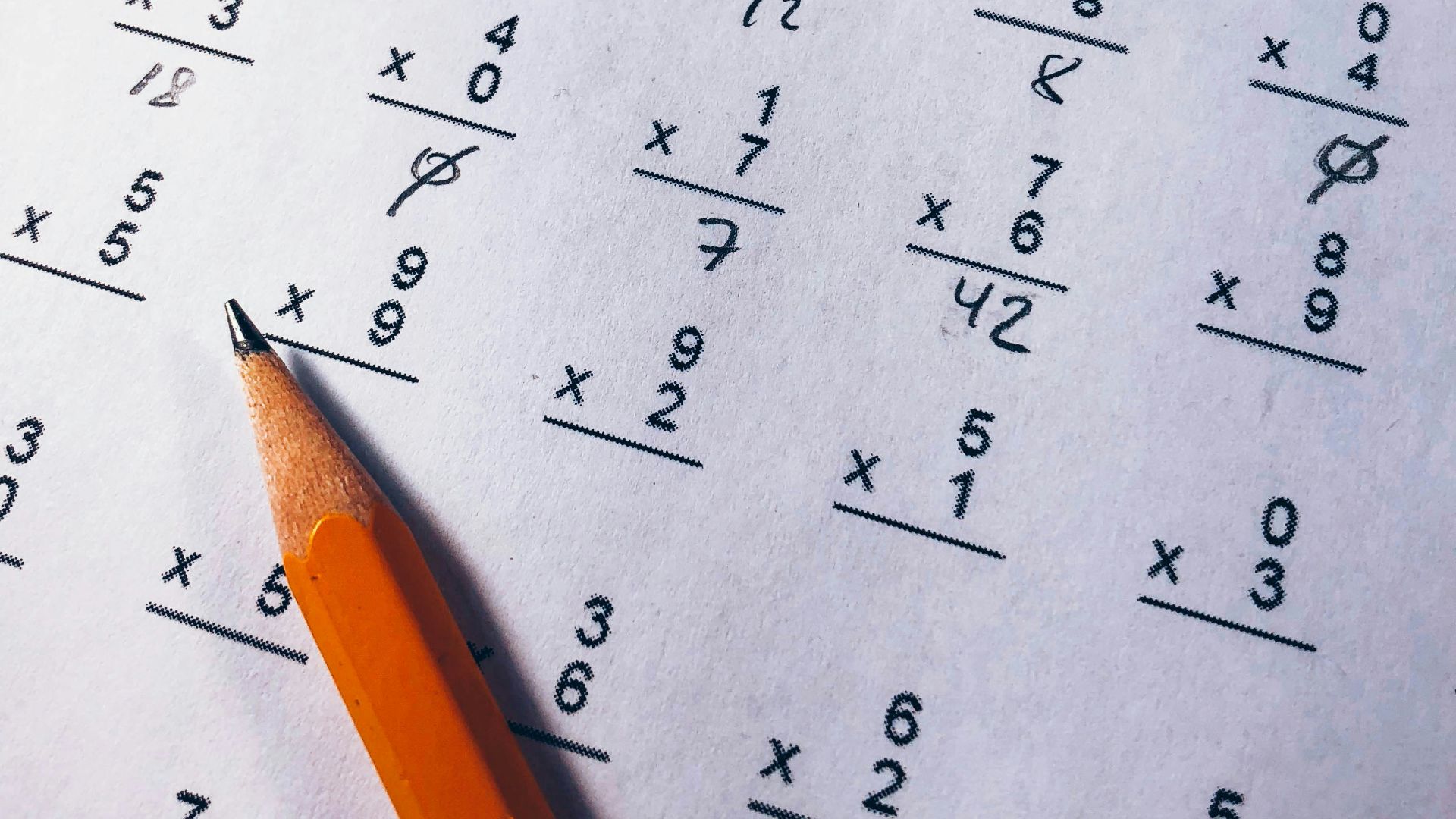Tests are a high-stress situation for many students and professionals as grades, advancement, and sometimes jobs can be on the line. However, some people tend to perform poorly on tests despite putting in the hours to study and knowing the material. This is typically due to test anxiety, which is an extreme and debilitating form of stress that clouds judgment, memory, and confidence. Test anxiety is not an indication of laziness or low intelligence. It is a mental and physical reaction to pressure and can affect anyone from a young elementary student to an adult taking a professional certification test.
Are You Susceptible to Test Anxiety?
Test anxiety is more common in people with certain personality traits or bad habits. Test anxiety occurs more often in people who worry a lot or have unrealistically high standards. Perfectionists set themselves up for test anxiety by putting excessive importance on a test or quiz. They might be afraid of making even minor mistakes on a test, to the point where getting a perfect score is the only acceptable outcome. They might see a bad score as a personal failure, even when they are otherwise well prepared.
Test anxiety is also more likely in students who genuinely care about doing well but who are not well prepared. It is only natural to feel anxiety when you know you are taking a test that you aren’t prepared for. There are many different reasons why someone might feel unprepared, such as having had too little time to study, not understanding the material, having bad study habits, or not sleeping enough to be able to focus. A student who does not get enough sleep, for instance, may find that their focus and confidence start to wane as test day approaches. Feelings of not being prepared when you care about the outcome often result in worry, self-doubt, and an increased risk of freezing up on the test.
How to Overcome Test Anxiety
Test anxiety might feel like an unbeatable foe, but it’s not. With reliable strategies and practice, you can combat it. It’s normal to feel a little nervous or worried about a test, and even these feelings can help you focus. But when your anxiety starts to take over your thoughts and ability to do your best, it’s time to try some tactics.
Learning how to study is a powerful first step. Many schools offer study-skills workshops, and there are many well-researched learning techniques that you can rely on to build up your confidence over time. Techniques like spaced repetition, active recall, and regular practice tests can help you feel more prepared. Study in advance if you can and try to study in similar environments to your testing site. Memory cues like location and smell can help you recall what you’ve studied, and spreading out your study sessions over days or weeks is more effective than cramming. Work on a pre-test routine you can trust.
Some students find that looking over their notes, stretching, eating the same snack, or a few deep breaths help them relax before a test. Try different strategies until you find what works for you and keep doing it every time to create a pattern your brain can recognize. Talk to your teachers. They might be able to help you get tips for what to study or even adjust some of the pressure on tests.
Test anxiety is a common yet deeply frustrating obstacle, especially for those who work hard but still struggle to show what they know. Understanding who is most vulnerable, and why, is the first step. With the right techniques, from better study habits to relaxation strategies and counseling support, anyone can learn to manage test anxiety and perform closer to their true abilities.










